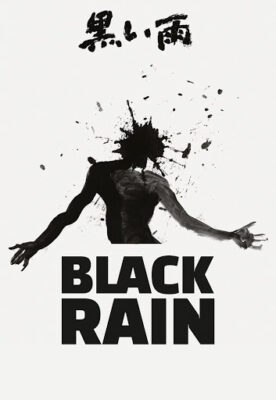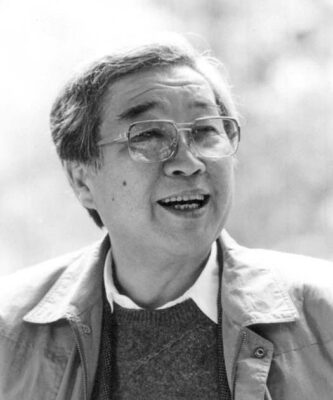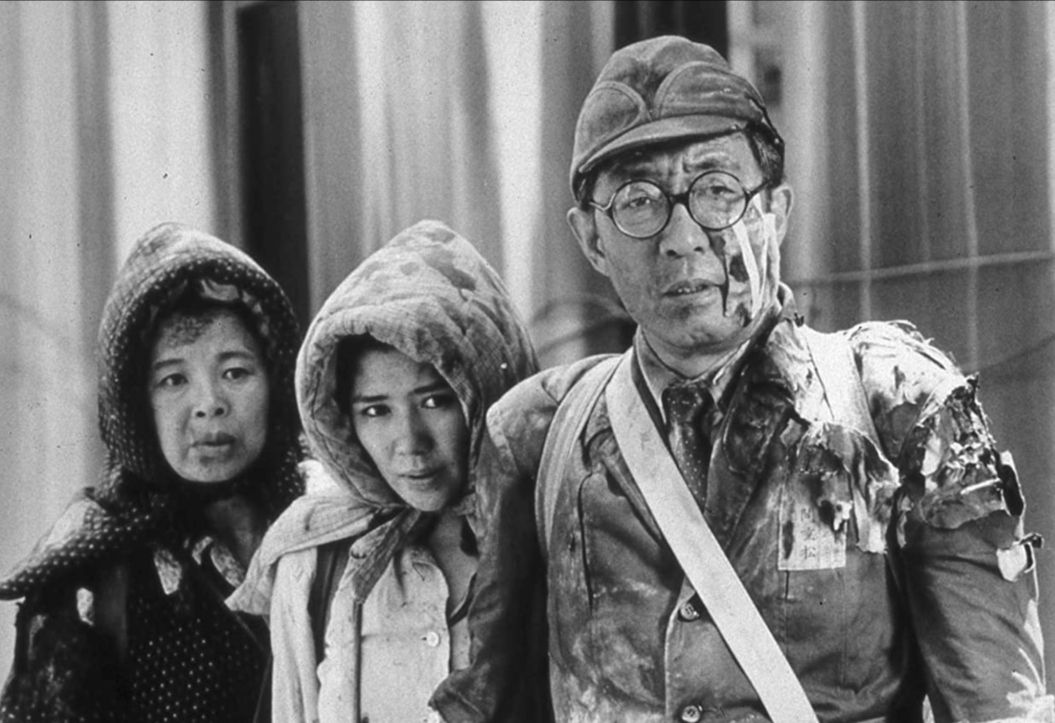Black Rain (film screening)

- This event has passed.
July 31st, 2025 @ 6:00 pm - 8:00 pm EDT
Details » Click here to register »


Black Rain
黒い雨
Thursday, July 31, 6:00PM (ET)
Doors open 5:30PM | Film Screening | In-Person | JFT Event Hall
Directed by IMAMURA Shōhei • 1989 • Drama, War • 123 minutes • Presented in Japanese with English subtitles • Trailer
Based on the 1965 novel of the same name by IBUSE Masuji, Black Rain (1989) follows Yasuko, a young woman who survives the atomic bombing of Hiroshima and struggles to build a future in its aftermath. Living with her aunt and uncle in a nearby village, she faces social stigma and emotional trauma as the invisible effects of radiation poison both her health and her chances for marriage.
Shot in black and white, Black Rain depicts the human toll of nuclear war with almost documentary-like realism. Imamura’s haunting adaptation foregrounds the quiet dignity of survivors and offers an intimate portrait of their resilience.
Content warning: This film contains imagery related to war, including depictions of atomic bomb aftermath. Viewer discretion is advised.
Black Rain is presented in conjunction with our ongoing exhibition Hiroshima Appeals.
This event is now fully booked and registration is closed. We will have a rush line before the event to release available seats on a first-come, first-served basis. Admission is not guaranteed. Thank you for your understanding.
Free admission. Register below.
Director Profile:

IMAMURA Shōhei (今村昌平, 1926 – 2006) was one of postwar Japan’s most acclaimed auteurs. A key member of the Japanese New Wave, Imamura began his career as an assistant to OZU Yasujirō, but quickly distanced himself from Ozu’s restrained formalism and idealized portrayals of Japanese society. In contrast, Imamura sought to uncover the messy, earthy, and instinct-driven side of human behavior. His films often center on society’s outsiders, examining how these individuals navigate systems of power, tradition, and survival.
Imamura’s filmmaking is marked by an anthropological curiosity, often combining fictional narratives with observational realism. Over a career spanning five decades, he won international acclaim and numerous awards, including two Palme d’Ors at the Cannes Film Festival for The Ballad of Narayama (1983) and The Eel (1997). He was also the founder of the Japan Institute of the Moving Image, dedicated to nurturing independent voices in Japanese cinema.

